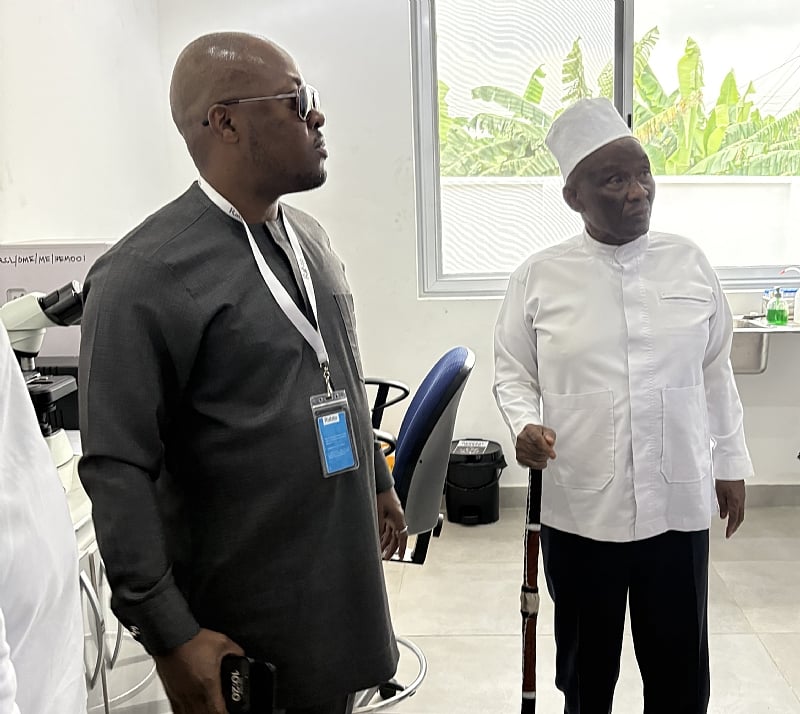Rabito Clinic, a leading dermatology facility in Ghana, partnered with the Communication for Development and Advocacy Consult (CDA Consult) to enhance breast cancer awareness among female journalists. This initiative, themed “Female journalist, your story matters: Don’t let breast cancer silence you,” is part of Rabito Clinics’ commitment to giving back to society and empowering key communicators to become advocates for breast cancer education. The campaign aims to raise awareness about the disease, promote self-examination, and ultimately empower women to take control of their health. The collaboration underscores the vital role female journalists play in disseminating information and shaping public discourse, making them ideal partners in this crucial health campaign.
Breast cancer, according to the World Health Organization (WHO), is the most common cancer affecting women globally, with over 2.1 million diagnoses each year and a significant number of cancer-related deaths. Early detection greatly improves the prognosis of breast cancer, making awareness and screening programs essential in combating the disease. Rabito Clinics emphasizes the importance of women’s health and well-being, recognizing female journalists as a crucial demographic to reach with this life-saving information. By targeting this group, the campaign aims to create a ripple effect, empowering journalists to share this knowledge with their wider audiences and communities.
The joint initiative includes free breast cancer screenings and educational sessions at five strategic locations, minimizing disruption to the journalists’ work schedules. This accessibility is key to encouraging participation and ensuring that as many female journalists as possible benefit from the program. The campaign also incorporates a comprehensive social and traditional media advocacy component running throughout October, aiming to reach a broader audience with vital health information about breast cancer and its prevention. This multi-pronged approach aims to maximize impact and reduce the devastating consequences of breast cancer in Ghana.
The campaign emphasizes the importance of female journalists understanding their risk factors and proactively protecting their health. Regular screening can detect breast cancer in its early stages, when treatment is most effective. Family history plays a significant role in breast cancer risk, and women with a family history of the disease are encouraged to start screening earlier and more frequently. Prioritizing health and taking control of their well-being is a crucial message for female journalists, who are often busy and focused on reporting the news. The campaign encourages them to prioritize their own health, recognizing that a healthy journalist is better equipped to report effectively and contribute to society.
The initiative urges female journalists not just to report on breast cancer events, but to actively participate in preventative measures. This call to action emphasizes the importance of personal engagement in health initiatives, highlighting the need for individuals to take responsibility for their well-being. The WHO recommends mammograms for women aged 50-69, with earlier screening for those with family history or other risk factors. By encouraging journalists to get screened, the campaign aims to normalize and destigmatize the process, making it more accessible and acceptable for women of all ages and backgrounds.
The collaboration between Rabito Clinics and CDA Consult provides a valuable service to female journalists and the broader community. By providing free screenings, accessible education, and a robust media campaign, this initiative seeks to empower women with knowledge and resources to protect their health. The “Female journalist, your story matters: Don’t let breast cancer silence you” campaign not only highlights the importance of early detection but also encourages women to prioritize their health and well-being. This comprehensive approach aims to create a lasting impact on breast cancer awareness and outcomes in Ghana, contributing to a healthier and more informed society.














